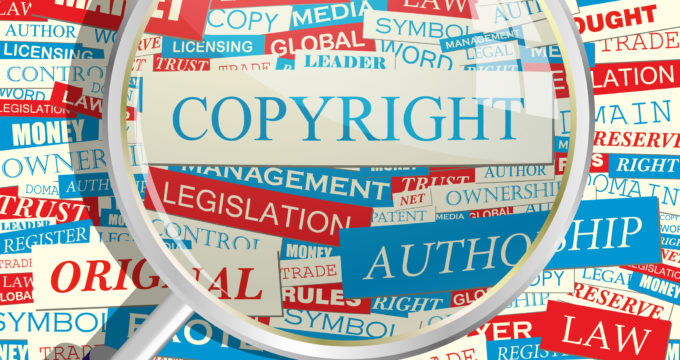What is Copyright Infringement?
For the uninitiated, copyright is a form of intellectual property protection granted by law to creators (writer, composer, artist, producer, publisher) of original works of authorship, such as literary works, dramatic, musical and artistic works, cinematograph films and sound recordings. Typically, it lasts for 60 years from the end of the calendar year in which the author dies.
Copyright gives owners both economic and moral rights. While economic rights cover the right to copy, distribute, rent, lend, adapt or perform a ‘work’, moral rights include the right to be identified as the author, to not have work be falsely attributed, and to object to derogatory treatment of work.
While we try and understand what copyright is and what kind of protection it provides, we must also study copyright infringement and what constitutes it.

Here’s what you need to know:
Copyright infringement is the use or production of copyright-protected material without the permission of the copyright holder. It implies that the rights afforded to a copyright holder, such as the exclusive use of a ‘work’ for a set period of time, are being breached by a third party.
It is an infringement of copyright to do any of the following with copyrighted content:
- Copying it.
- Issuing copies of it to the public.
- Renting or lending it to the public.
- Performing or showing it to the public.
- Communicating it to the public.
Secondary infringement may occur if someone imports an infringing copy, possesses or deals with it, or provides means for making it without due permission.
In cases of infringement, a copyright owner can seek civil remedies, as well as file a criminal complaint. Civil remedies include:
- Seeking injunctions to prohibit further infringement.
- Delivering all infringing articles to the owner.
- Right to seize copies of such infringing articles.
- Recovering damages for loss from the account of the infringer’s profits.
As far as criminal complaints are concerned, Section 63 of the Copyright Act (1957) states that any person who knowingly infringes or abets the infringement of the copyright in a work or any other right conferred by the Copyright Act shall be punishable with imprisonment for a term not less than 6 months, which may extend to 3 years; and with a fine not less than Rs. 50,000, which may extend to Rs. 2,00,000. If convicted of copyright infringement again, the term shall not be less than 1 year, and the fine not less than Rs. 1,00,000.
Now that you know what infringement in detail, it’s high time you realize that not complying with copyright laws is a crime. You’d be wise to remember: the only thing that can get you the freedom to copy is an IRRO reprographics license, through which you not only get blanket coverage but also help reduce the risk and potential cost of infringement.
